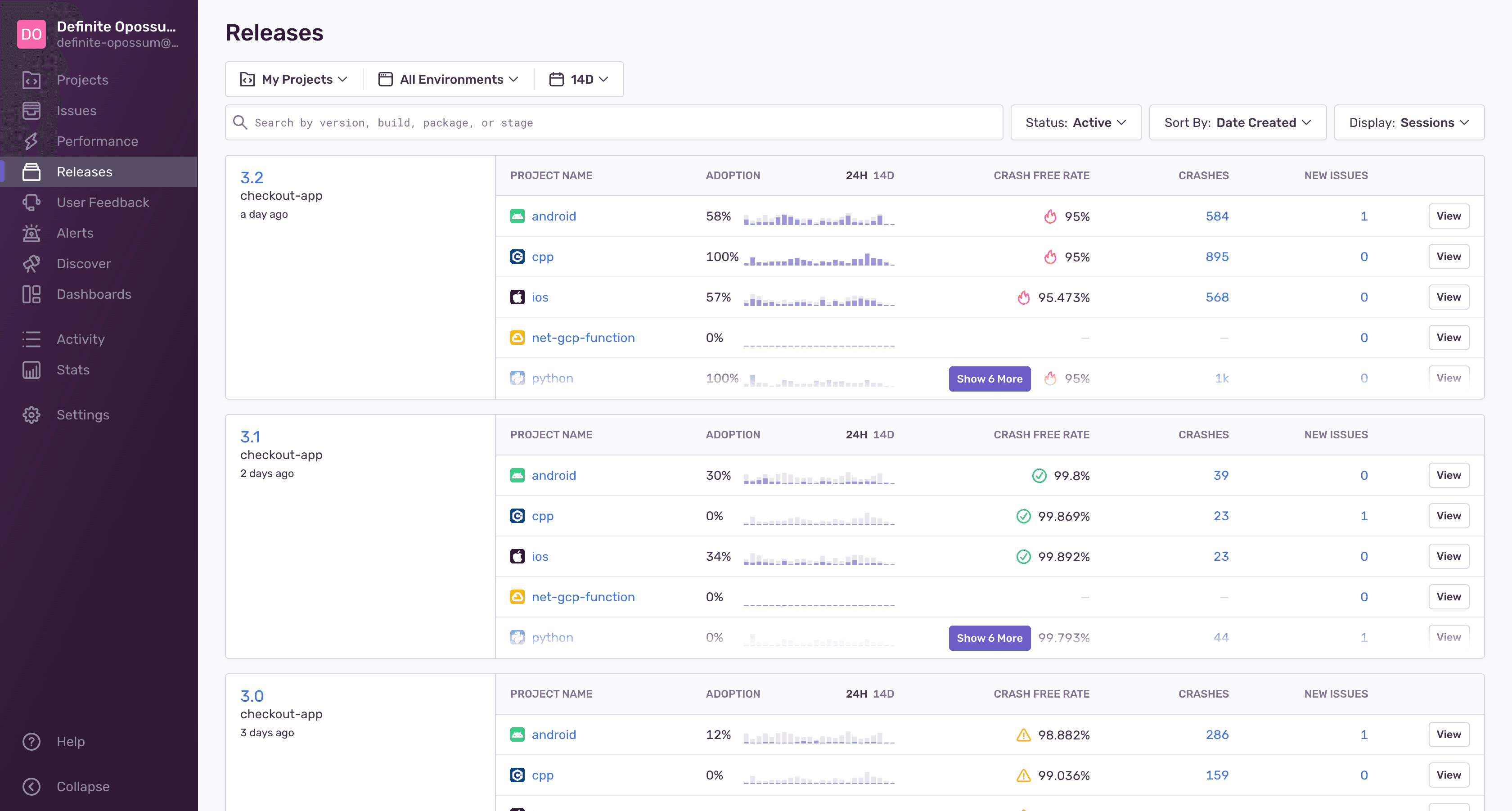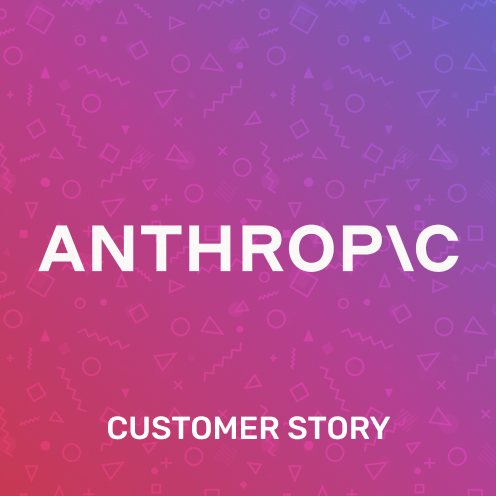Supporting Developers with Fit-for-Purpose APM Solutions: A CTO’s Perspective

Founded in 2015 with a mission to “empower eCommerce businesses to deliver a top-notch customer experience,” Gorgias is a multi-channel eCommerce helpdesk service for small to medium businesses.
Among their core values are ownership, excellence and a customer-first mindset, and CTO and co-founder Alex Plugaru understood from day one that, for engineering teams to be successful, the tools he set them up with had to facilitate that. Back then, Sentry was one of the first solutions they added and today Gorgias is a team of more than 230 – including 60 developers – with 30+ eCommerce integrations that helped 9,300+ brands generate more than $1.1 billion in revenue in 2021.
Gorgias recently wrapped up a $30 million Series C funding round and, having successfully led his team through different growth stages; Alex knows how important it is to understand how developers work, not just what they’re working on. Through monthly, quarterly and annual retrospectives, Sentry gives the leadership team visibility into code quality and issues over time to identify overarching trends; helping them gauge whether existing roadmaps are effective or should be adjusted.
Engineering managers do this more regularly, monitoring service-level objectives like error budgets and progress towards individual KPIs. This strategy helps Alex see where his teams might need help and has contributed to more sustainable growth and a better developer experience.
Deploying software at scale, without sacrificing quality
Gorgias supports a host of connected apps and 3rd party integrations, and deploying new releases to this complex ecosystem introduces unpredictable variables. For them, error reporting in itself isn’t enough.
They need the ability to assign ownership of issues across multiple platforms to the relevant people, and triage fast with detailed context. The team was part of the original beta-testing group for Codeowners and they’ve seen how technology as an extension of your organization’s values has served them by defining ownership, with the additional benefit of improving overall developer autonomy.
We have a lot of integrations with 3rd parties and sometimes those systems don’t behave as expected. Sentry is different from other solutions out there. It really does the best job at issue grouping and tracing for languages that are notoriously difficult to track.
Alex's teams ship software through an average of 10 daily deployments and combine continuous deployment systems like ArgoCD with Sentry and canary deployments to ensure that releases don’t affect the bulk of their customers. Monitoring stability and adoption, and comparing past releases help them streamline future planning cycles so developers spend more time focused on their customers.
Sentry has been instrumental in identifying issues that happen in production, both on the frontend and the backend.
As an early adopter, Alex has seen how equipping your developers with the right tools from the start can be a boon to growth. That said, he expects the same level of performance and scalability from their APM solutions as the products and features they build for customers. The team regularly reviews the market for best-in-class solutions and in his own words, “every time Sentry comes out on top.”
If you’d like to learn more, read our full conversation with Alex here.
Keen to spend more time building great experiences and less time investigating issues? Gorgias’ engineering team is growing fast and they’re looking to fill roles across disciplines, check them out.




